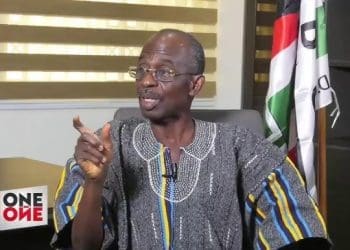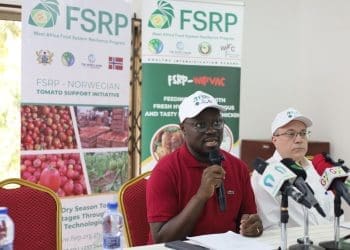In a move aimed at promoting linguistic inclusion and cultural pride, Members of Parliament (MPs) in Ghana will soon be allowed to speak local languages such as Twi, Ewe, Hausa, Dagbani, and others during parliamentary proceedings.
The initiative, announced by the Speaker of Parliament, is part of a broader agenda to reflect Ghana’s rich cultural diversity within the country’s legislative process.
For decades, English has been the only language officially used in Parliament, creating a linguistic barrier for many citizens and MPs alike. That is set to change.
While the initiative has been widely welcomed, there are concerns about its practical rollout. Parliamentarians and staff will require orientation to navigate multilingual proceedings, and the cost of training interpreters and acquiring interpretation equipment is expected to be significant.
Additionally, questions remain about which languages will be prioritised and how translation accuracy will be maintained in highly technical debates.
Speaking at the launch of the Open Parliament Action Plan, Alban Bagbin emphasised the need to preserve Ghana’s cultural identity in national discourse.
He noted that allowing MPs to speak local languages on the floor of Parliament is a step toward inclusivity and deeper citizen engagement in democratic governance.
“No society develops with the language of another society. So, we have to get that terminology we are talking about in place. We want our language to be heard on the floor. So, we are going to start very soon.
“It is captured in our standing orders for all MPs to use their mother tongue, so long as they can symphoniously translate into the official language of English,” he said.
He added: “Very soon, we will employ experts in these languages to come and support us as translators.”
Looking ahead
As Ghana positions itself as a beacon of democracy in Africa, this bold language policy could set a precedent for other multilingual nations.
By embracing linguistic diversity in its highest law-making body, Ghana is not just making a statement about inclusion—it is giving a voice, quite literally, to all its people.












